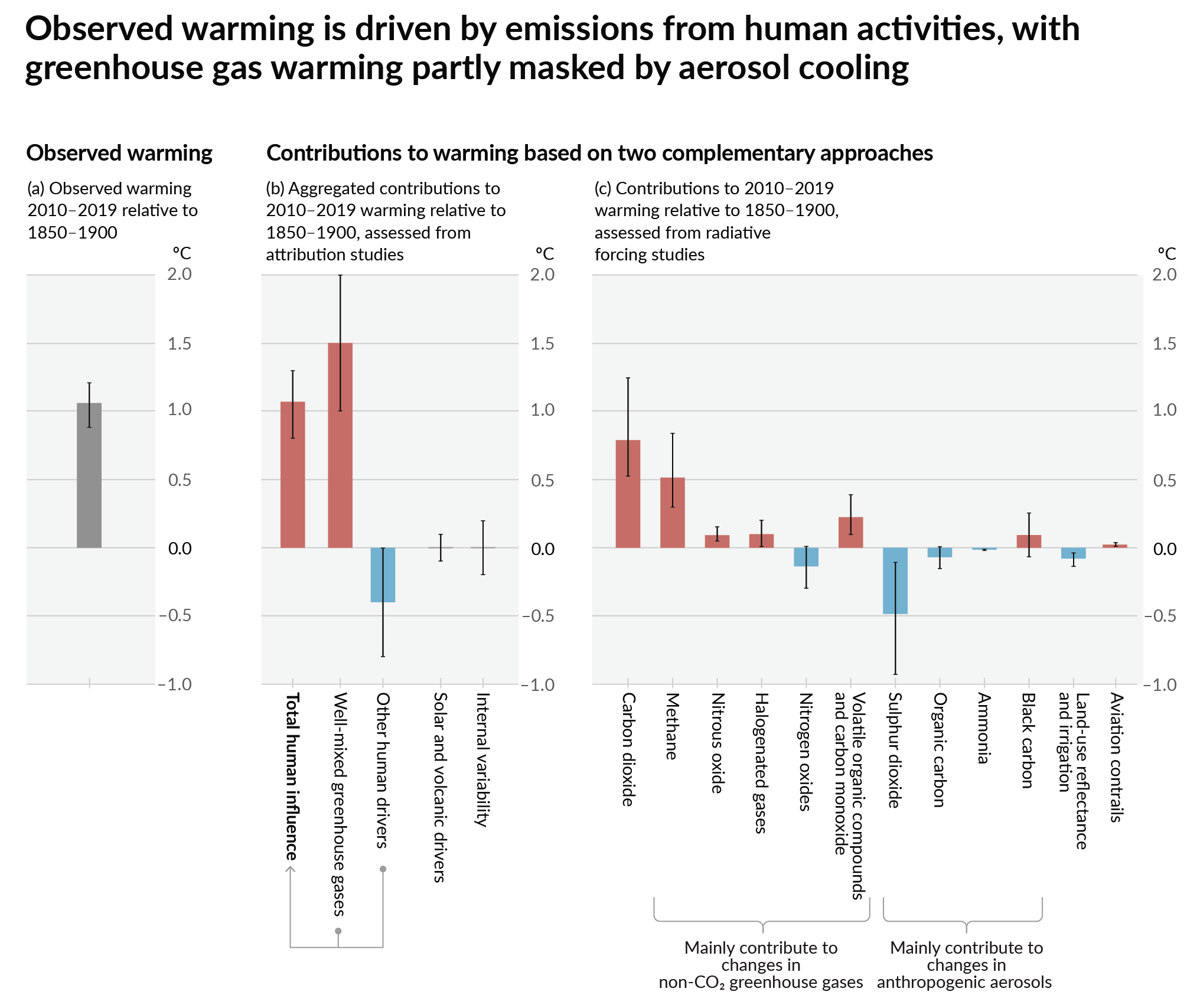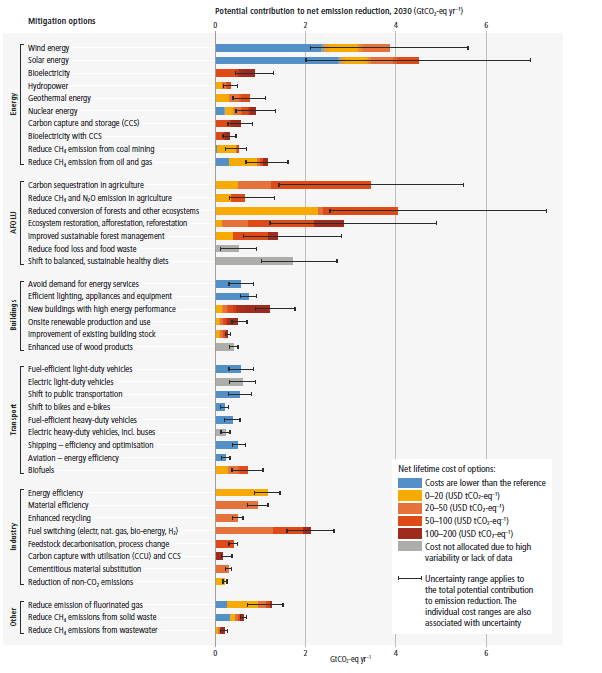Appliance slightly more efficient across 20 years of ownership, 300+ € more upfront because of it, dies after 7 years. Math doesn't check out.
Climate - truthful information about climate, related activism and politics.
Discussion of climate, how it is changing, activism around that, the politics, and the energy systems change we need in order to stabilize things.
As a starting point, the burning of fossil fuels, and to a lesser extent deforestation and release of methane are responsible for the warming in recent decades:

How much each change to the atmosphere has warmed the world:

Recommended actions to cut greenhouse gas emissions in the near future:

Anti-science, inactivism, and unsupported conspiracy theories are not ok here.
Yeah, reduced lifespan is a killer. I don't think that relates to efficiency though, its a separate and known problem. Both lifespan and efficiency are needed.
The issue is that projected efficiency gains are always in 10 years spans, be it solar panels, heat pumps, refrigerators, you name it. And majority of them never even hit that mark. So you pay way more upfront for a gain you might not actually ever get because the device will die before that and it's not financially sustainable to repair it. Or it's even impossible because parts are rarely available for that long.
Also energy ratings are often BS if you don't read the fine print. Like, everyone is looking at washing machines that have A class energy rating, but no one read the fine print that it's always measured on Eco programs that always run for 3 hours which everyone avoids and no one uses because it takes so damn long. Everyone is looking for 1 hour programs and those often need to push heaters, pumps and motors to achieve washing results in that time, effectively throwing the efficiency ratings out the window.
Yes, that sucks, I didn't realize the standards were done like that, that should change. It still seems to me like the repairability and lifespan problems are in all modern appliances, and thus don't specifically apply to more efficient ones, but from a financial perspective, if its that much extra, yeah, bad lifespan and repairability sucks even worse. What we need is a shift in the industry towards prioritizing useful lifespan (which I imagine would be a bigger sustainability gain) more so than we need marginal efficiency gains.
My fridge is 20 years old and going strong. 21 in August.
I specifically bought an A rated one at the time. I'd say the savings are enormous given the awful electricity prices where I live.
You may need to find the correct numbers if you want the maths to check out.
I fully expect US kitchen appliances to come with Roll Coal buttons in the near future though. /s(?)
No sarcasm